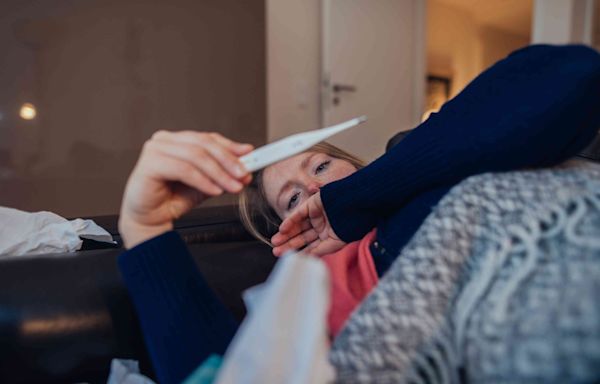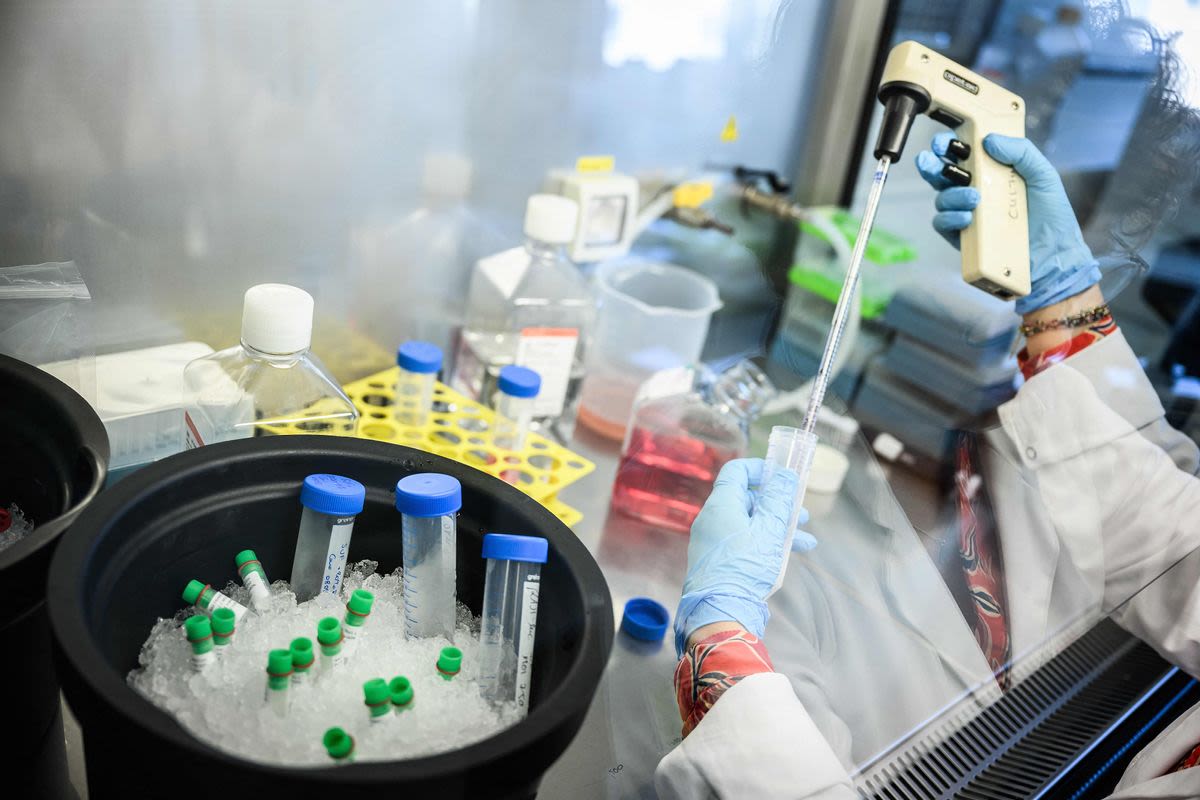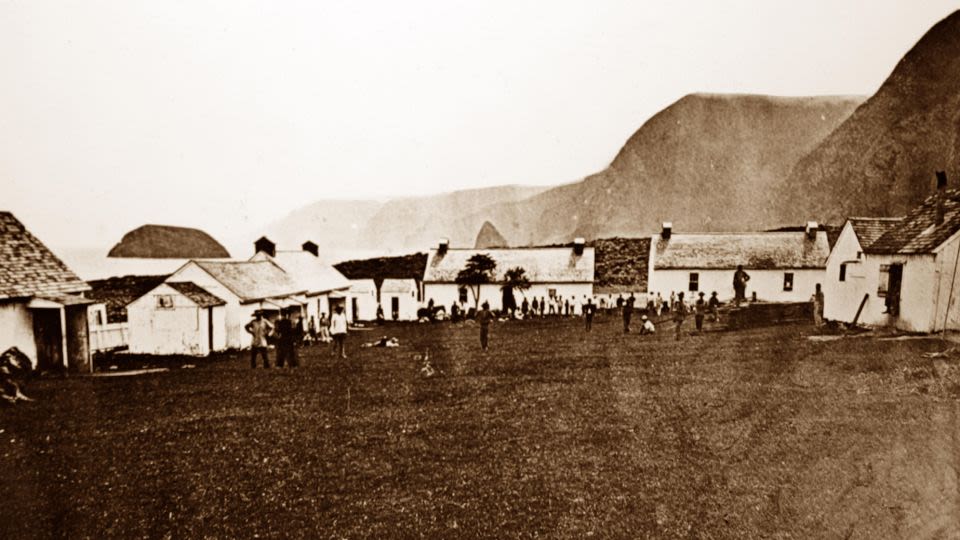Search results
News about COVID-19, JN.1, turbo cancer
News about measles, Pfizer, vaccine hesitancy
Also in the news
Dec 11, 2023 · Infectious disease experts say that COVID-19’s peak infectivity is during symptom onset. During this time, people can spread the virus to others through sneezing and coughing. Once your symptoms get better, you’re less likely to spread COVID.
Jan 7, 2024 · Reference. How Long Is the COVID-19 Incubation Period? Medically Reviewed by Zilpah Sheikh, MD on January 07, 2024. Written by Sonya Collins , Evan Starkman. What Is an Incubation Period? What Is...
- How Long Is Someone with Covid-19 Infectious?
- What Is Viral Shedding?
- When Do You Become Contagious After Exposure to Covid-19?
- When Do You Stop Being Contagious If You Have Covid-19?
The short answer is that you’re contagious with COVID for about 10 daysafter you have symptoms or test positive. The full answer is more complicated. The 10-day mark seems to apply to people who have mild to moderate COVIDillness. People with severe cases of COVID illness can remain infectious for several weeks or months. There’s also evidencethat ...
Viral sheddinghappens when a sick person releases copies of a virus from their body. Large numbers of viruses are shed when a sick person coughs or sneezes. But viruses can also be shed when you talk, cry, or breathe. Viral shedding is how viruses spread from person to person. People typically shed the virus that causes COVID for about 10 days, sta...
It’s possible to become contagious with COVID-19 on the same day you are exposed. Most people who get sick with COVID begin noticing symptoms about 2 to 14 daysafter exposure. But viral shedding can begin right away. That’s why it’s possible to spread the virus that causes COVID even before your symptoms start. Of course, not everyone who gets expo...
It depends. If you have a mild illness and your symptoms are getting better, you’re probably no longer contagious after 10 days. On the other hand, if you have a severe illness or a weakened immune system, you can be contagious for much longer. But if you’ve been fully vaccinated against COVID, you may be contagious for a shorter period of time. It...
Mar 15, 2024 · New guidance from the CDC advises people to isolate until they have been fever-free and with symptoms improving for at least 24 hours, and then take precautions for five days, which covers the...
Jul 23, 2021 · According to the Centers for Disease Control and Prevention (CDC), most people with mild-to-moderate COVID-19 are infectious for up to 14 days following initial exposure. This is known as the...
Apr 19, 2022 · Generally, people are most contagious in the early stages of their infection. That's roughly about one or two days before you start developing symptoms, and then another one or two days after that ...






